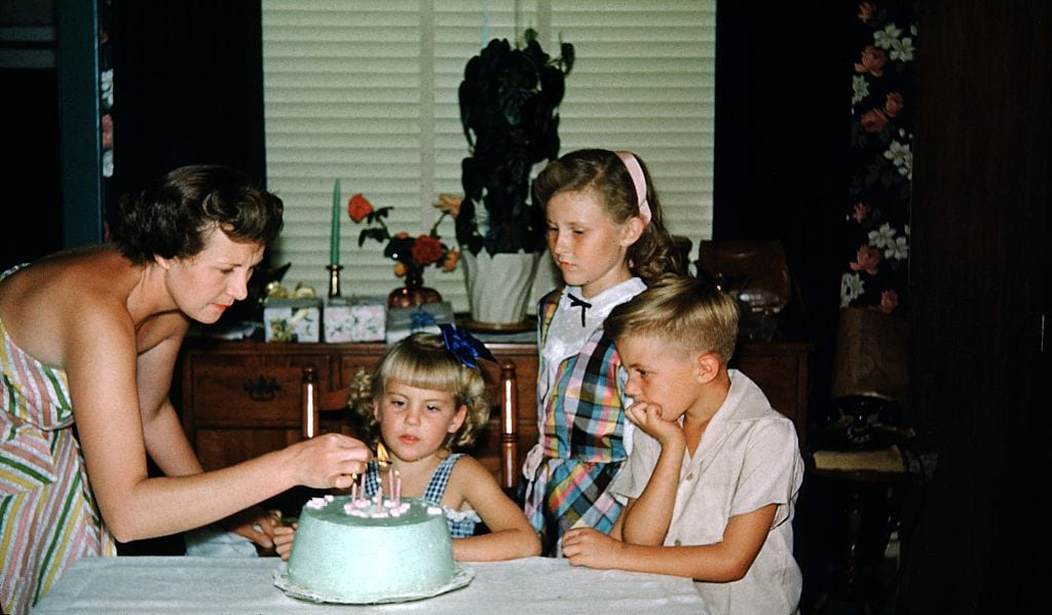Erica Komisar describes herself as a political liberal. But, when it came to getting her book Being There: Why Prioritizing Motherhood in the First Three Years Matters published, let alone publicized, she was roundly rejected by liberal media outlets. Why? Because the social worker and psychoanalyst chose to stand with fact instead of political fiction in the ongoing mommy wars. The Wall Street Journal reports:
She did appear on ABC’s “Good Morning America,” but seconds before the camera went live, she says, the interviewer told her: “I don’t believe in the premise of your book at all. I don’t like your book.”
The premise of Ms. Komisar’s book—backed by research in psychology, neuroscience and epigenetics—is that “mothers are biologically necessary for babies,” and not only for the obvious reasons of pregnancy and birth.
Ms. Komisar spent three decades working directly with children and parents in New York City. During that time she noticed a disturbing uptick in ADHD among boys and depression among girls. These patients often had one thing in common: mothers who weren’t present as much as they needed to be during the first three years of their child’s life.
“What I was seeing was an increase in children being diagnosed with ADHD and an increase in aggression in children, particularly in little boys, and an increase in depression in little girls.” More youngsters were also being diagnosed with “social disorders” whose symptoms resembled those of autism—“having difficulty relating to other children, having difficulty with empathy.”
As Ms. Komisar “started to put the pieces together,” she found that “the absence of mothers in children’s lives on a daily basis was what I saw to be one of the triggers for these mental disorders.” She began to devour the scientific literature and found that it reinforced her intuition. Her interest became a preoccupation: “My husband would say I was a one-note Charlie,” she recalls. “I would come home and I would rant and I would say, ‘Oh my God, I’m seeing these things. I’ve got to write a book about it.’ ”
Prospective publishers rejected Komisar outright, accusing her of making women “feel guilty.” But, according to the psychotherapist, guilt is good.
In Ms. Komisar’s view, guilt isn’t necessarily bad. “My best patient is a patient who comes to me feeling guilty,” she says. “Women who feel guilty—it’s a ‘signal’ feeling, that something’s wrong, that they’re in conflict. If they go talk to a therapist or deal with the conflict head-on, they often make different choices and better choices.”
One choice Komisar would like to see more mothers make is the choice against daycare. She believes daycare to be “overstimulating” for children under the age of three, and cites research to back up her claim. But, Komisar is no traditionalist. She recognizes that a growing number of women don’t have the choice to quit their jobs to become stay-at-home mothers. In such cases she recommends a number of options, advocating strongly for “single surrogate caregivers” who are preferably relatives.
Komisar is also a strong advocate for government-mandated, employer-funded maternity benefits. These would include a year’s paid leave once the baby is born followed by two years of flex-time. While she can’t run the numbers, she does make an important point for the health of our culture:
“What we do want,” she says, “is to be a child-centric society.” … “If we defend the idea that mothers are not necessary,” she asks, “what chance do we have to get a maternity-leave policy?”
Komisar is right. Until we acknowledge the vital role mothers play in the lives of their children, and do everything we can as a culture to support that role, our children and our nation will continue to pay a very dangerous emotional and psychological price.









Join the conversation as a VIP Member